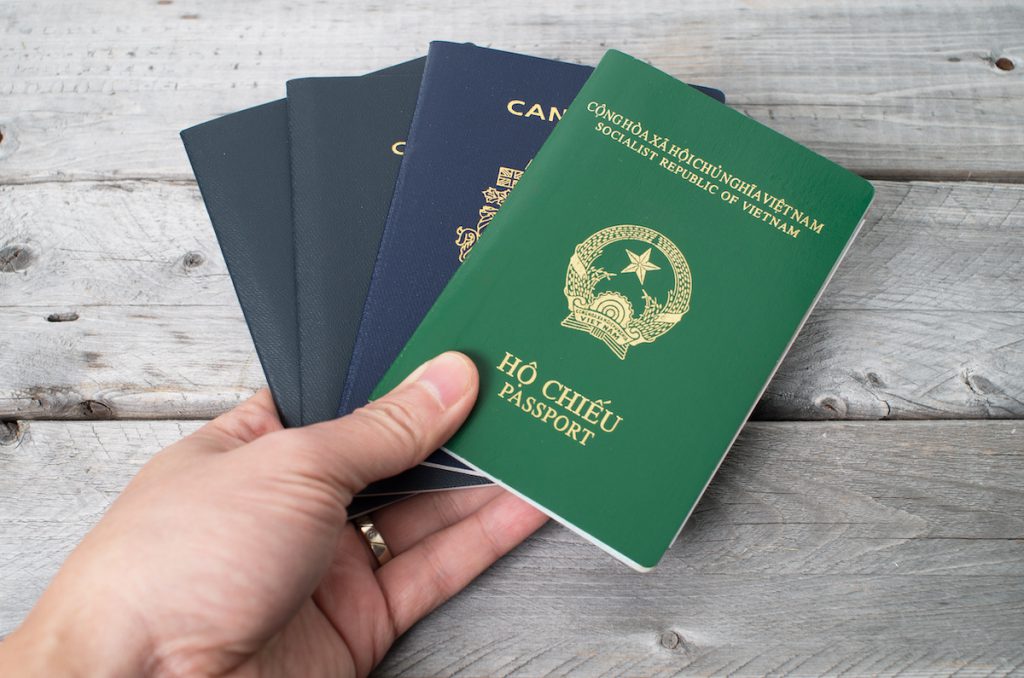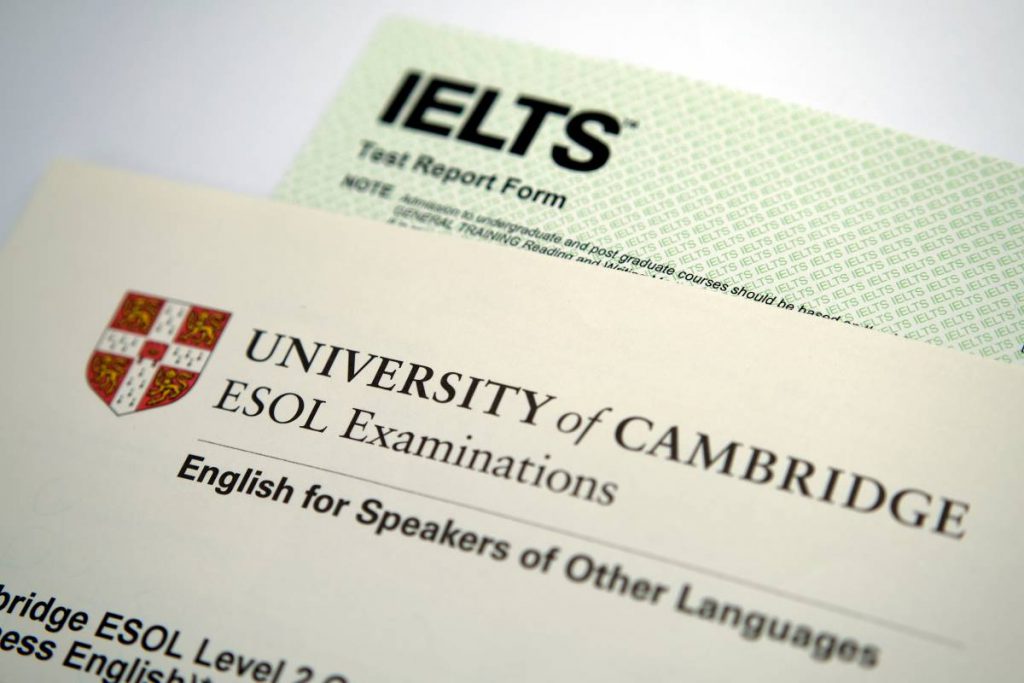You are Canadian and you wish to become a citizen of another country while keeping your homeland nationality… If you are wondering if this is possible, the answer is yes! Canada allows its nationals to have dual citizenship.
On the other hand, if your case is the opposite, i.e., if you are a citizen from another country that wishes to obtain the Canadian citizenship, the possibility to do so will depend on your country of origin and its posture towards dual citizenship.
Which countries do not recognize dual citizenship?
Following is the list of countries that don’t recognize dual citizenship, or accept it only under some particular conditions:
- Andorra
- Azerbaijan
- Bahamas
- Bahrain
- Belarus
- Botswana
- Bhutan
- China
- Cuba
- Congo
- Djibouti
- Ethiopia
- Haiti
- India
- Indonesia
- Iran
- Japan
- Kazakhstan
- Kuwait
- Kyrgyzstan
- Laos
- Macau
- Malaysia
- Marshall Islands
- Micronesia
- Monaco
- Mongolia
- Mozambique
- Myanmar
- Nepal
- North Korea
- Oman
- Papua New Guinea
- Qatar
- San Marino
- Saudi Arabia
- Singapore
- Slovakia
- Solomon Islands
- Swaziland
- Tajikistan
- Thailand
- Tonga
- Ukraine
- Turkmenistan
- Uzbekistan
- United Arab Emirates
- Venezuela
- Vietnam
- Yemen
- Zimbabwe

ADVANTAGES OF DUAL CITIZENSHIP
Dual citizenship may be considered as an advantage when it leads to doubling the benefits or privileges of one’s nationality status. Some of these advantages can be:
- The freedom to travel without requesting a visa between the 2 countries.
- The cultural diversity allowing you to choose between the offers of the two countries, for example, when enrolling yourself or your children in college.
- The freedom of worship.
- Owning property in different locations and under different contract conditions.
- Family security and access to optimal health care, for example, receiving free Canadian health care.
- The right to vote.
POTENTIAL PROBLEMS WITH DUAL CITIZENSHIP
You should know that dual citizenship comes along with obligations and some disadvantages, such as:
- Multiple tax obligations, like double taxation.
- Mandatory military service in your new country.
- The cost and length of time to obtain a second nationality, especially through marriage or naturalization, which can take years.

HOW TO APPLY FOR DUAL CITIZENSHIP IN CANADA?
If you have been a permanent resident in Canada for three years or more, you can apply for a Canadian citizenship. Before you apply, make sure you meet the following requirements:
- Have permanent resident status in Canada and have no outstanding conditions related to your status.
- Have been physically present in Canada for at least 1,095 days (three years) in the five years preceding your application.
- Be at least 18 years old; if it is not your case, your parent or legal guardian must apply for you.
- Have no criminal record in the last four years.
- Have filed income tax returns for at least three of the last five tax years.
- Understand and speak English or French if you are between 18 and 54 years old.
- Pass the citizenship test if you are between the ages of 18 and 54.
And then, what is the procedure to apply for Canadian citizenship?
If you want to follow step by step your application for Canadian citizenship, learn here how to do it. This procedure costs $630 for an adult over 18 years old, and $100 for a child under this age.
So, now that you are well informed about this possibility, take the best decision and enjoy from the privileges that dual citizenship offers!






